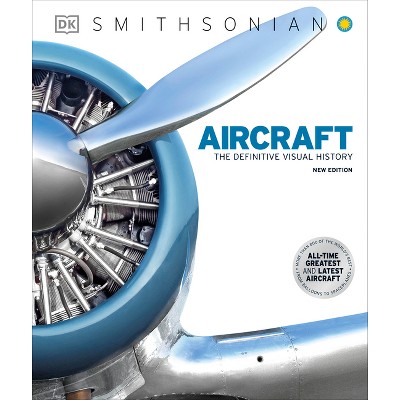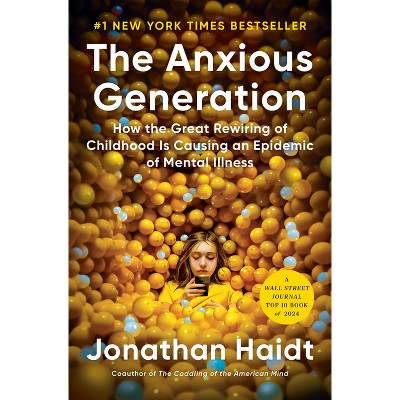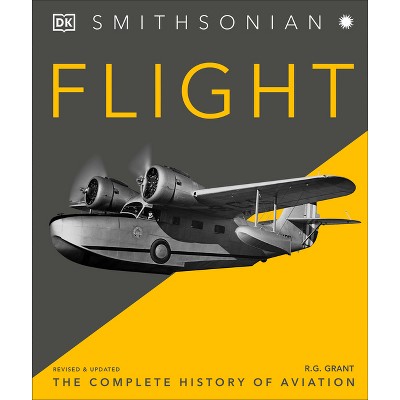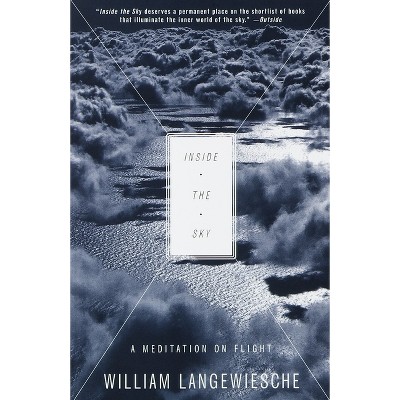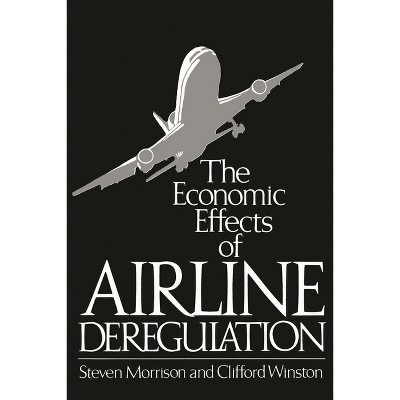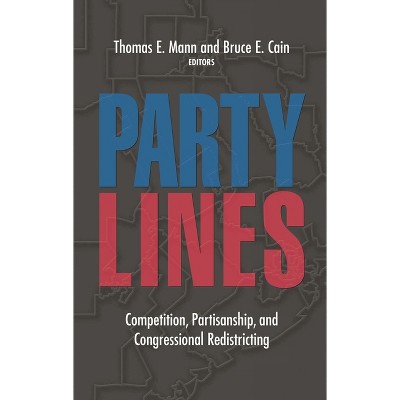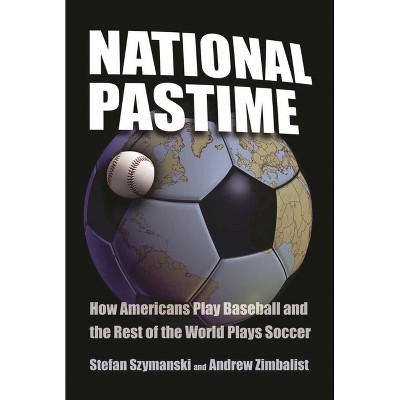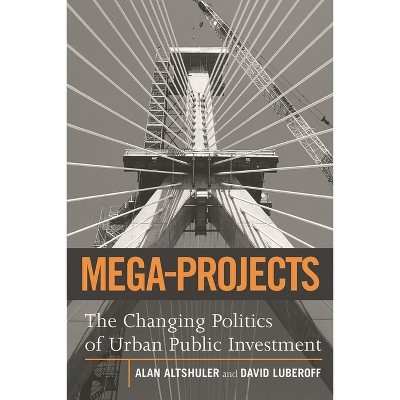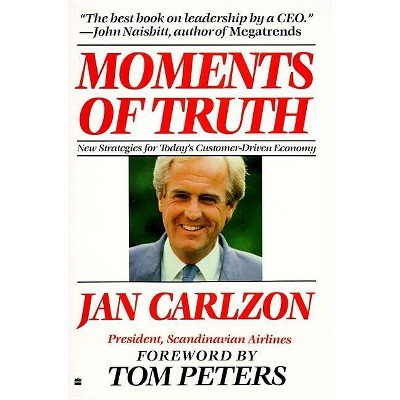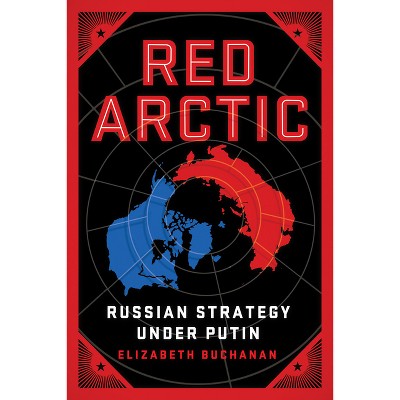About this item
Highlights
- "Flying is an extremely safe way to travel.
- About the Author: Roger W. Cobb is professor of political science at Brown University.
- 207 Pages
- Transportation, Aviation
Description
About the Book
"Flying is an extremely safe way to travel. Fewer than 14,000 individuals perished in U.S. airline disasters during the twentieth century. In contrast, nearly three times as many people lose their lives in automobile accidents every year. Yet plane crashes have a...
Book Synopsis
"Flying is an extremely safe way to travel. Fewer than 14,000 individuals perished in U.S. airline disasters during the twentieth century. In contrast, nearly three times as many people lose their lives in automobile accidents every year. Yet plane crashes have a tremendous impact on public perceptions of air safety in the United States. When a crash occurs domestically, media coverage is immediate and continuous. Government teams rush to investigate, elected officials offer condolences and promise to find the cause, and airlines and plane manufacturers seek to avoid responsibility. Regulations are frequently proposed in response to a particular incident, but meaningful change often does not occur. In The Plane Truth, Roger Cobb and David Primo examine the impact of high-visibility plane crashes on airline transportation policy. Regulation is disjointed and reactive, in part due to extensive media coverage of airline disasters. The authors describe the typical responses of various players--elected officials, investigative agencies, airlines, and the media. While all agree that safety is the primary concern in air travel, failure to agree on a definition of safety leads to policy conflicts. Looking at all airline crashes in the 1990s, the authors examine how particular features of an accident correspond to the level of media attention it receives, as well as how airline disasters affect subsequent actions by the National Transportation Safety Board, Federal Aviation Administration, and others. Three accidents are considered in detail: USAir flight 427 (September 1994), ValuJet flight 592 (May 1996), and TWA flight 800 (July 1996). The authors also discuss how the September 11 terrorist attacks turned attention away from safety and toward security. Cobb and Primo make several policy recommendations based on their findings. These include calling on lawmakers and regulators to avoid reactive regulation and instead to focus on systematic problems in a"
Review Quotes
.".. a quick and readable look at major aircraft accidents and post-accident policy development, I recommend Roger Cobb and David Primo's The Plane Truth: Airline Crashes, the Media, and Transportation Policy.... The book is a must read for scholars and students of aviation policy and safety management." --William R. Caldwell, Central Missouri State University, "Perspectives on Political Science", 3/1/2004
"Air travel is very safe, yet major policy changes are driven by media frenzies over the occasional crash. Rather than solely critique the regulation of air safety, Cobb and Primo focus on the consequences of agenda-setting for policymaking. The resulting general lesson --that the fundamental structure of policymaking is deeply affected by dramatic, visible, frightening events --has so far escaped policy analysts. THE PLANE TRUTH is must reading for both students and practitioners." --Bryan D. Jones, University of Washington?Seattle, 3/15/2003
"Airline travel is the safest mode of travel in a statistical sense, and yet airline crashes can generate hundreds of newspaper stories and intense political pressure to improve safety in the skies. Is each unfortunate accident the catalyst for improvement in public safety? Cobb and Primo show that the answer, unfortunately, is no. This book deserves wide attention from those involved in transportation policy and from those interested in agenda-setting, problem definition, and the policy process. We have a lot to learn." --Frank R. Baumgartner, Professor and head of the department of political science, "Pennsylvania State University", 3/15/2003
"Cobb and Primo... examine how airline crashes made highly visible by media coverage can distort air transport policymaking.... Carefully researched and written.... Three fine chapters detail mini case-studies of media coverage and policy reactions to three major 1990's crashes.... The book will interest communication scholars who study risk or agenda setting, providing ideas for theoretically driven projects. And journalists covering air transportation will find here an alert to numerous missed stories-if they can be patient readers of clear but ultra-careful writing." --Carol Reese Dykers, Salem College, "Journalism & Mass Communication Quarterly", 4/1/2004
"Cobb and Primo's book is the first to describe how spectacular airline crashes, accompanied by heavy media attention, can distort decisionmaking relating to safety and security. Cobb and Primo do so without writing a polemic of the sort that characterizes most recent work in this field. This is a must-read book for students and policymakers in this area, and in any other area where risk, media attention, and government policy affect policy outcomes." --Thomas A. Birkland, "University at Albany, SUNY", 3/15/2003
"Readable look at major aircraft accidents and post-accident policy development.... This book is a must read for scholars and students of aviation policy and safety management." --William R. Caldwell, "Perspectives on Political Science", 3/1/2004
"This book is fascinating and relentlessly intelligent. Perhaps its most intriguing message is that, while much is wrong with the aviation safety system, the system works astoundingly well. USAir 427, ValuJet 592, and TWA 800 were horrible tragedies, but dozens of millions of flights later, no similar disasters have followed. And the same might well prove true of September 11." --Arnold Barnett, George Eastman Professor of Management Science, "Massachusetts Institute of Technology", 3/15/2003
About the Author
Roger W. Cobb is professor of political science at Brown University. David M. Primo is assistant professor of political science at the University of Rochester.

